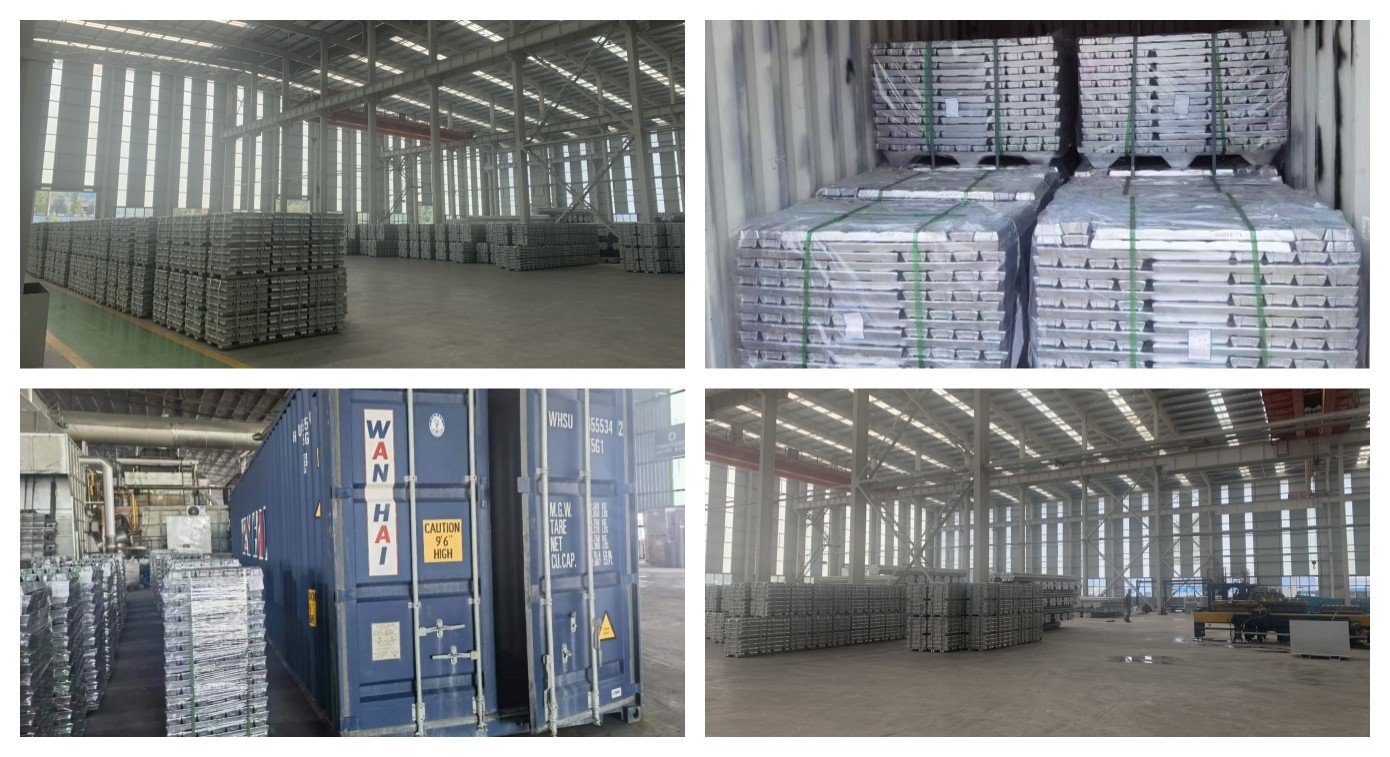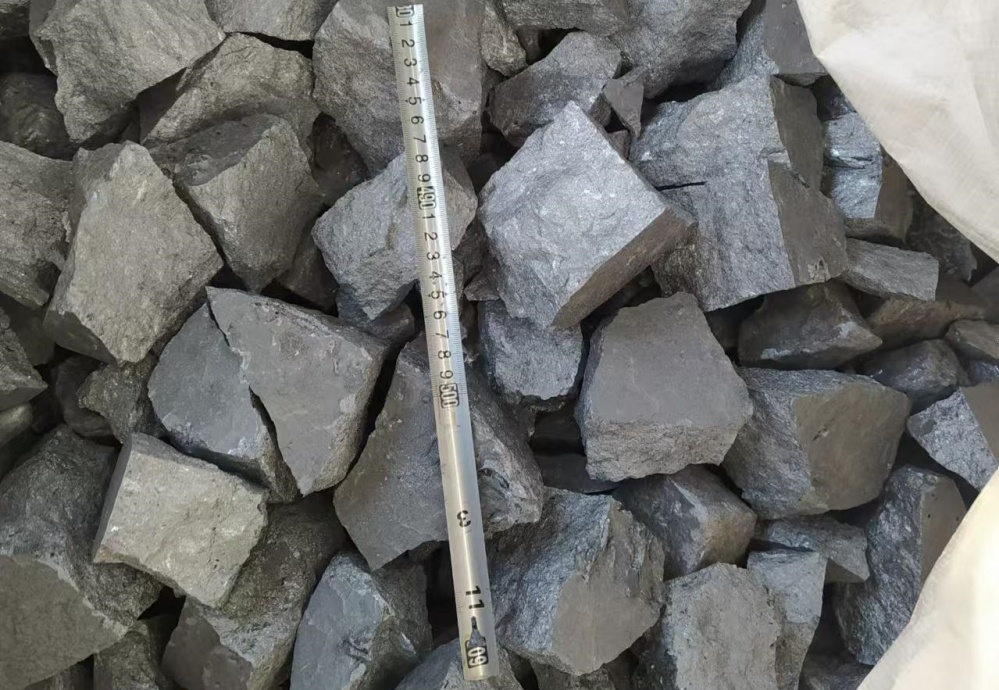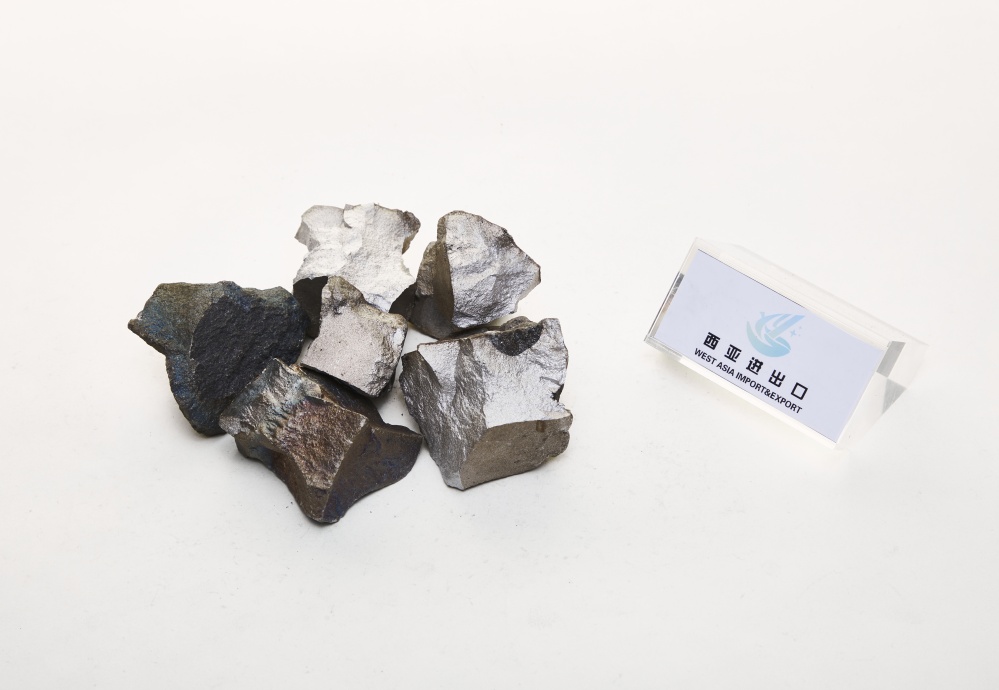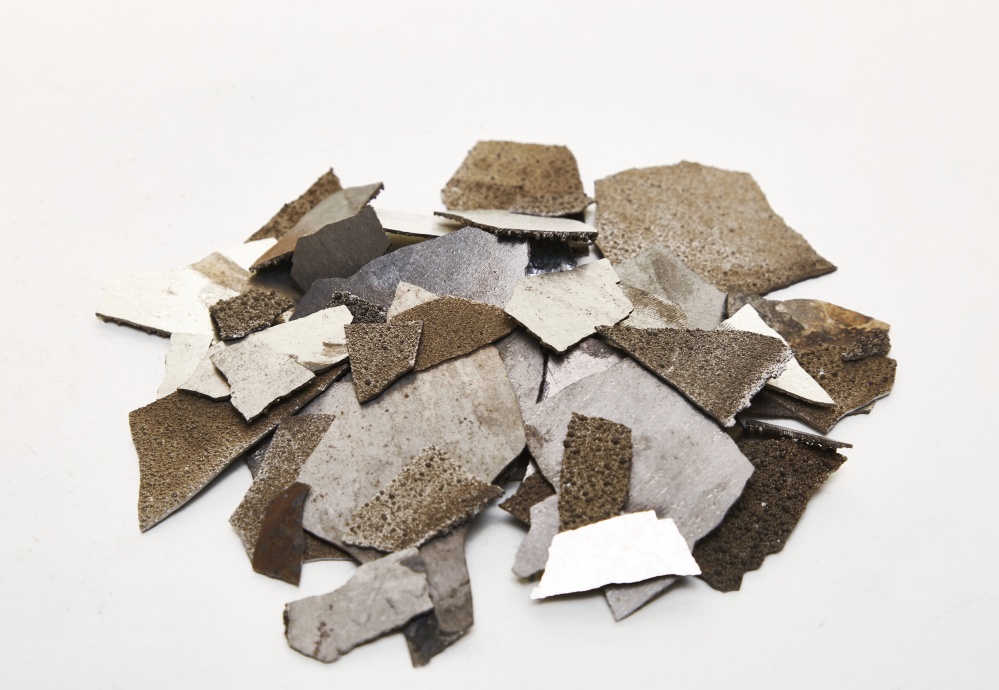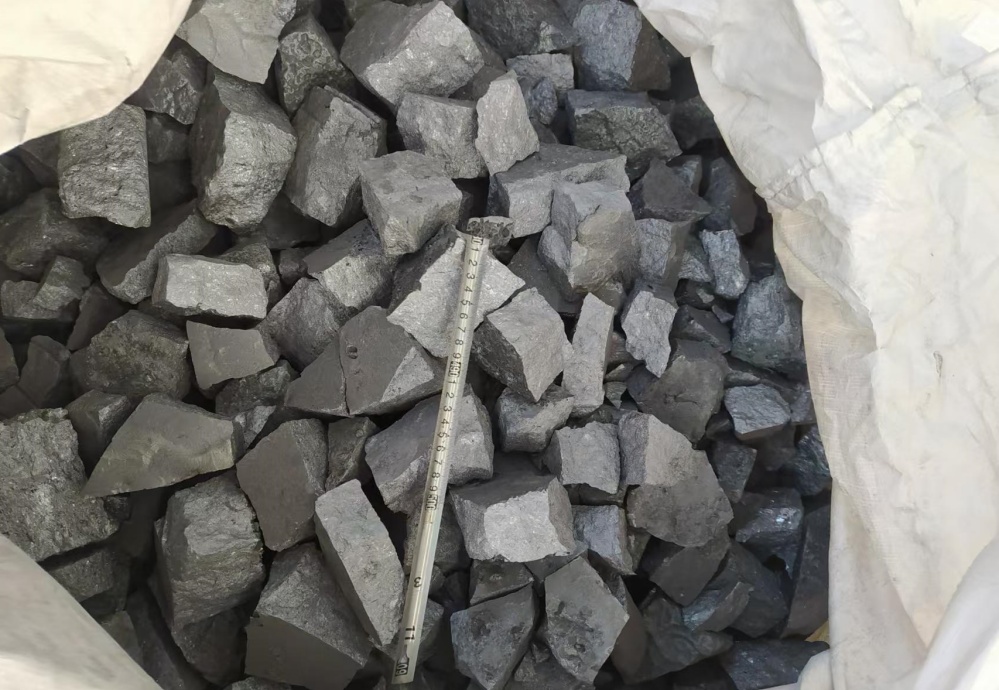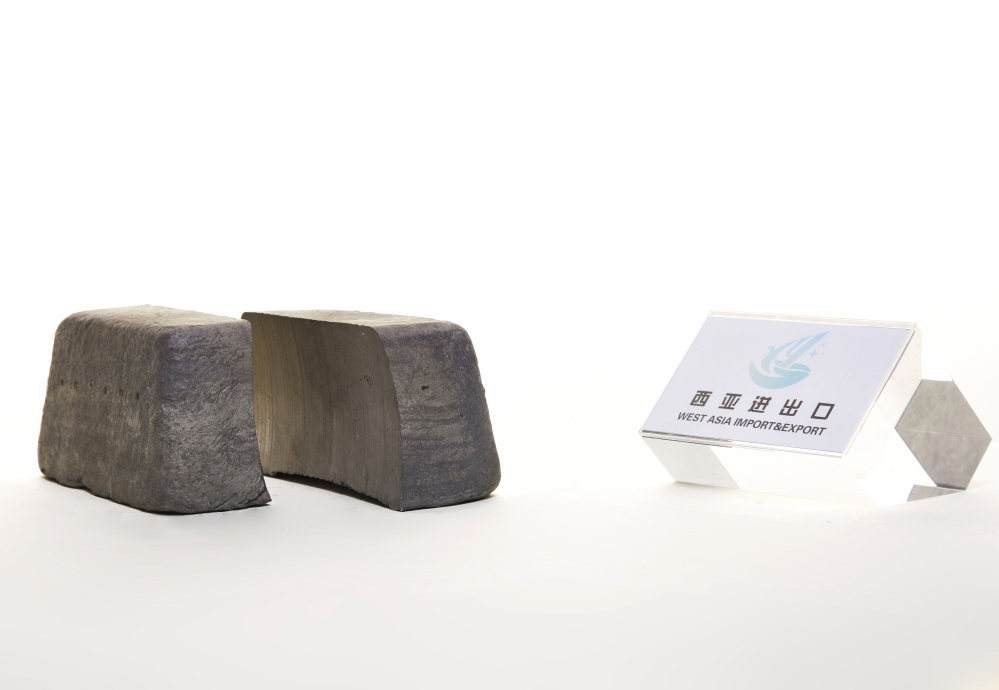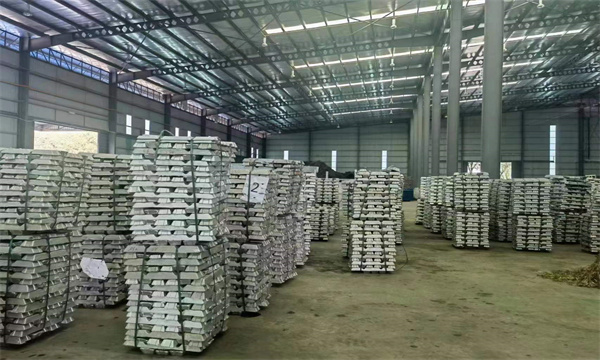
Aluminum ingot
Aluminum is a silver-white metal, and its content in the earth's crust ranks third after oxygen and silicon. The density of aluminum is small, only 34.61% of iron and 30.33% of copper, so it is also called light metal.
- Grade: Al99.90/Al99.85/Al99.70/Al99.60/Al99.50/Al99.00/Al99.7E/Al99.6E
- Size: Customized
Aluminum is a non-ferrous metal that is second only to steel in terms of output and consumption in the world. The density of aluminum is only 2.7103g/cm³, which is about 1/3 of the density of steel, copper or brass. Due to the light material of aluminum, it is often used in the manufacture of land, sea and air vehicles such as automobiles, trains, subways, ships, airplanes, rockets, spaceships, etc., to reduce the weight and increase the loading capacity.
After aluminum ingots enter industrial applications, there are two categories: cast aluminum alloys and deformed aluminum alloys. Cast aluminum and aluminum alloys are aluminum castings produced by casting; deformed aluminum and aluminum alloys are processed products of aluminum produced by pressure processing: plates, strips, foils, tubes, rods, shapes, wires and forgings
Several common aluminum ingots
Aluminum ingot for remelting (≤99.80%Al)
T-shaped aluminum ingot (≤99.80%Al)
High-purity aluminum ingot (99.90%~99.999%Al)
Aluminum alloy ingot (Al--Si, Al--Cu, Al--Mg)
Plate ingot (for plate making)
Round ingot (for wire drawing)
